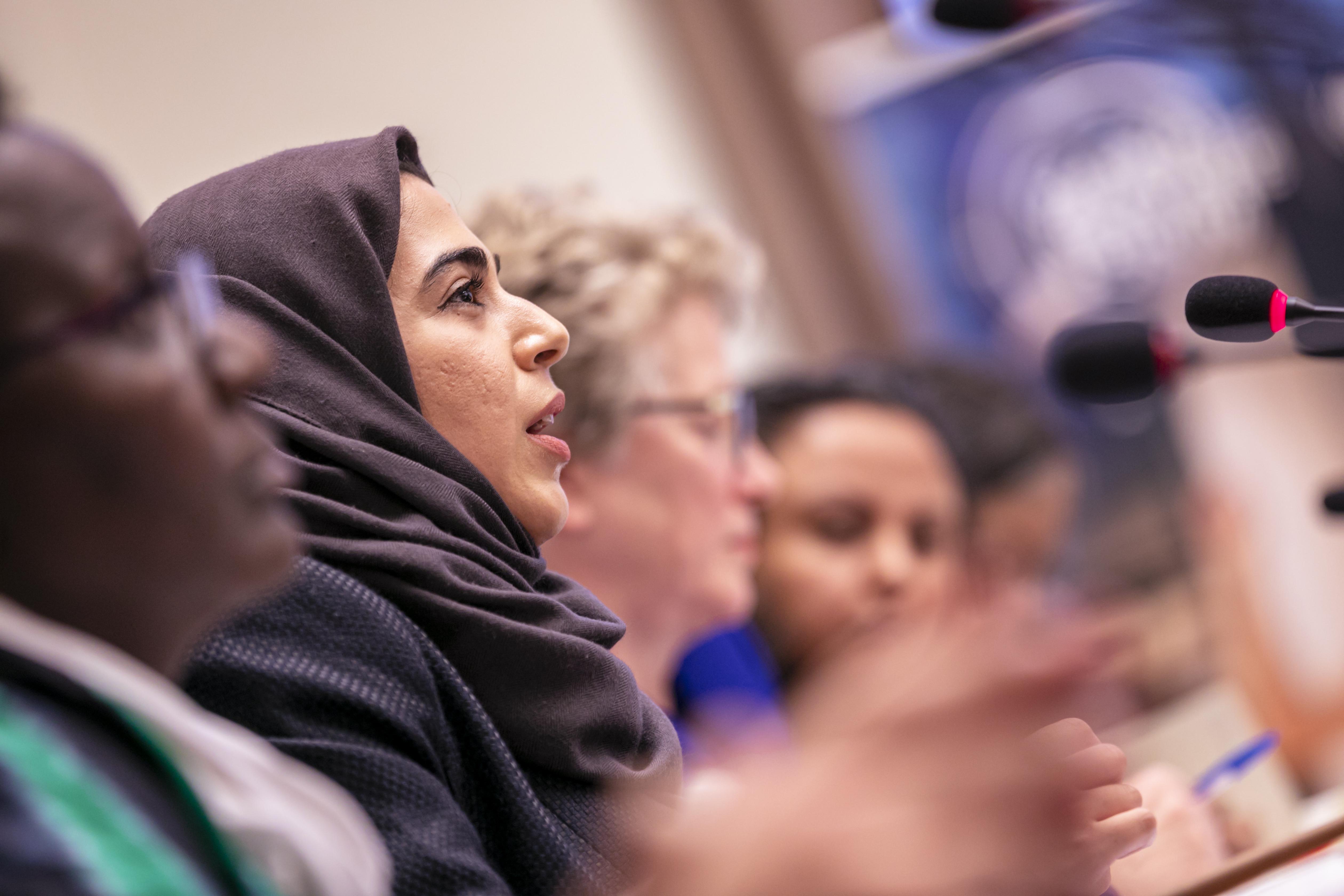
UNHCR announces the launch of the Global Academic Interdisciplinary Network, linking academics, policy makers and practitioners in the fields of forced displacement and statelessness
©UNHCR/Antoine Tardy
Welcome to the Global Academic Interdisciplinary Network.
This is a dedicated space for academics, researchers, institutions, teachers and students who are working on research that supports The Global Compact on Refugees.
This is a new section of the site and will be updated and expanded in the coming months, but if you have any questions or comments, please email them to [email protected].
The objectives of the Network
- Facilitate research, teaching and scholarship opportunities which result in specific deliverables in support of the four objectives of the Global Compact on Refugees.
- Help junior academics who are asylum seekers, refugee or stateless and those in regions less well-served by existing networks to ‘plug into' global networks and discussions.
- Broaden the geographical and thematic scope of disciplines and academics working on refugee and GCR related challenges and opportunities.
Who can be part of the Network?
UNHCR welcomes interest and engagement by academic institutions, scholars, teachers, foundations and beyond, who are interested in facilitating scholarships for forcibly displaced people, teaching and research that contribute towards the four objectives of the GCR.
We welcome people from around the world, including those currently less well connected in academic networks as well as junior scholars. We aim to ensure real and effective participation and involvement of persons of concern in academic work which has the potential to affect and/or address challenges and opportunities relating to them.
We encourage engagement across academic disciplines, as issues around displacement and statelessness cover all areas of life.
If you would like to be part of the Network, please email [email protected]
How does the Network function?
The Global Academic Interdisciplinary Network (GAIN) was formally established on 17 and 18 December 2019 during the first Global Refugee Forum.
There will be three working groups that can be joined:
- Connect research relevant to the four objectives of the GCR with practitioners and policy makers.
- Teaching on refugee, statelessness and displacement issues.
- Education and support for refugee students and scholars, including through scholarships.
How to engage with the Network
UNHCR convened a workshop on research related to the objectives of the GCR in the autumn of 2019 in Geneva, Switzerland.
The workshop's aims were to bring together researchers from different disciplines and geographical regions to present and examine ongoing research around the objectives of the GCR. The workshop was also be an opportunity to contribute to the Global Refugee Forum.
To this end, presentations and discussions about research that relates to the four objectives of the GCR, and in particular, that which could contribute to approaches and methodologies to further their achievement in practice, took place.
Background to the GAIN
The Global Compact on Refugees (GCR), adopted in December 2018 by the UN General Assembly ‘seeks to operationalise the principles of burden- and responsibility-sharing to better assist, protect and find solutions for refugees and support host countries and communities' (para 3, UN doc. A/73/12) (part II)).
The GCR requires that “a global academic network on refugee, other forced displacement, and statelessness issues will be established, involving universities, academic alliances, and research institutions, together with UNHCR and other relevant stakeholders, to facilitate research, training and scholarship opportunities which result in specific deliverables in support of the objectives of the global compact.” (GCR, paragraph 43)
Contact
